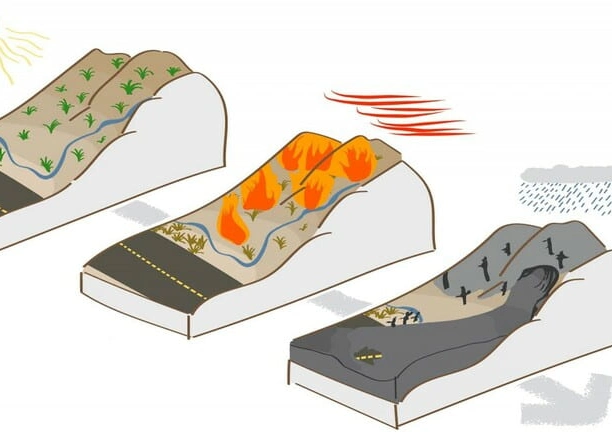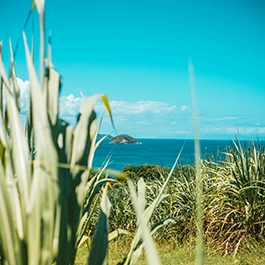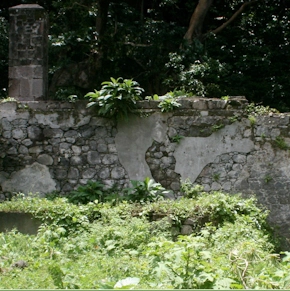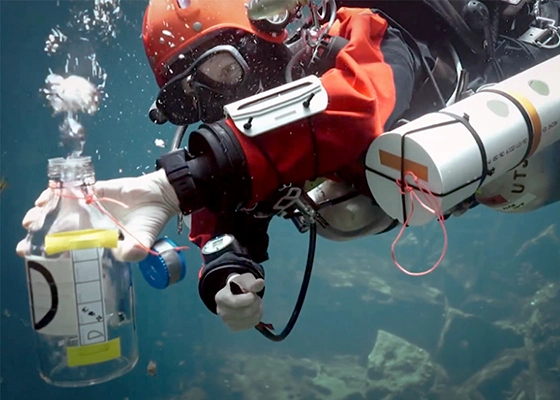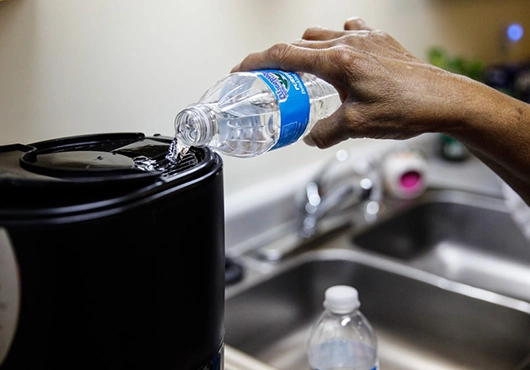Environmental-Earth scientist Patricia Beddows continues shaping the future of underwater science
“Water is vital to the planet’s livelihood and my hope is that the science I do contributes to healthier environments on the planet,” says Beddows, an associate professor in the Department of Earth and Planetary Sciences at Northwestern University’s Weinberg College of Arts & Sciences

